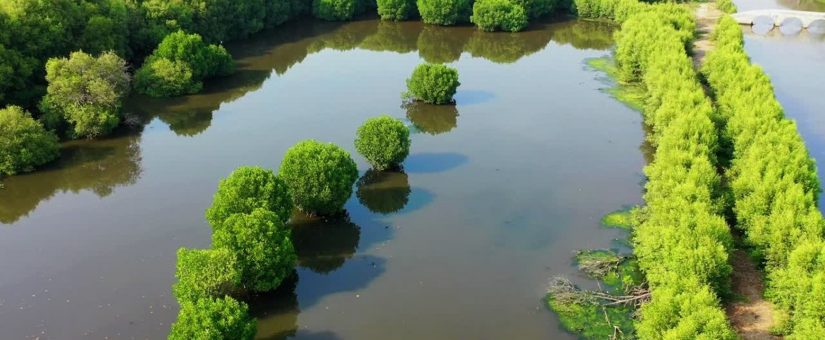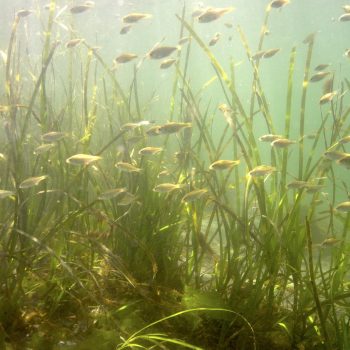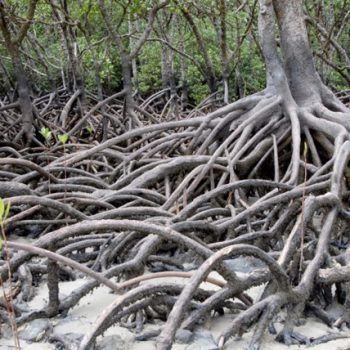
How can the Global Biodiversity Framework enhance coastal wetland conservation?
- Posted by Alex White
- On December 22, 2023
- blue carbon, conference, conservation, conservation implementation, framework, kmgbf, mangrove, seagrass
By Alex White
Earlier this year, 196 countries pledged to uphold the Kunming-Montreal Global Biodiversity Framework (KM-GBF), which was implemented to support equitable and sustainable long-term use of the Earth’s ecosystems. Now, these countries must coordinate actions to conserve and sustain Earth’s ecosystems. A major challenge to coordinating actions internationally are the diverse socioeconomic and political landscapes of individual nations (referred to as ‘enabling conditions’), which can determine whether actions are likely to be successful or not.
A study by the GLOW team has explored solutions to this challenge, offering a transformative three-step framework to coordinate action-based pathways and achieve the KM-GBF goals. Check out this one-minute rundown below.
Published in Nature Sustainability, the study takes a closer look at how this framework may be applied to coastal wetland ecosystems. This research emphasizes the critical yet often overlooked role of enabling conditions, such as governance effectiveness and regulatory capacity, and uses indicators to identify countries with similar enabling conditions for conservation (hereafter, referred to as ‘enabling profiles’). Enabling profiles can then be used to recommend what conservation actions should be considered to address drivers of ecosystem loss.
For example, consider a case study of mangrove loss along the eastern coast of Queensland, Australia. In Mackay, an area dominated by thousands of hectares of sugar cane farming, usage of herbicides and pesticides inevitably enters local waterways such as Bakers Creek and Pioneer River. This runoff is carried downstream and into Mackay’s coastal waters, in this case causing mangrove dieback in multiple locations.

Australia belongs to an enabling profile with a relatively high capacity to enable conservation via policy and regulation, suggesting that regulation of herbicides could be an effective action to help avoid future mangrove loss due to indirect effects of nearby agricultural activity.
In Madagascar, many people rely on mangroves as a source of timber, and this can result in substantial mangrove loss, as shown below.

Madagascar belongs to an enabling profile with a high capacity to garner support for formalising community-led management and sustainable use of mangrove ecosystems, suggesting that this could be an effective conservation pathway. To explore more coastal wetland enabling profile case-studies, check out this web application.
This simple enabling profile framework can improve our ability to streamline and expedite conservation action, at a time when its implementation is critical to the longevity of our planet. At GLOW, we believe coordinating actions across space and scale is paramount. This framework aligns seamlessly with the Kunming-Montreal Global Biodiversity Framework as well as the Sustainable Development Goals. Only by acknowledging the differences between countries and coordinating efforts across all scales, can we achieve global conservation and biodiversity targets.




0 Comments